All Products
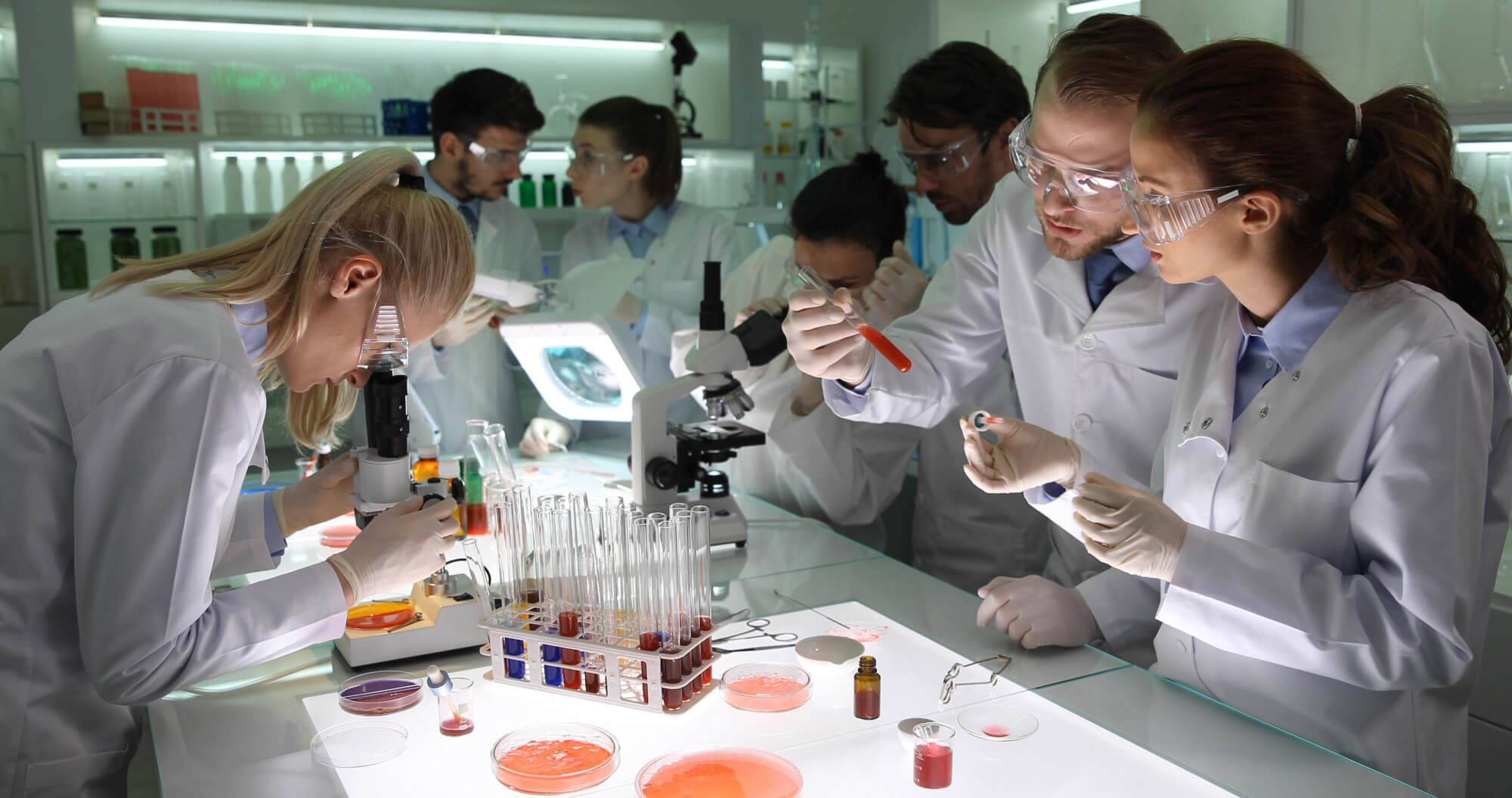
March 5, 2020
Maintaining Laboratory Temperature and Humidity
When doing precision work, any alteration to the environment, the equipment, or the samples can have cascading effects. Even seasoned veterans run into issues in explaining if their results are possibly contaminated. To do the best laboratory work, one needs to be able to reasonably rely on their results. These are some of the reasons that
Read More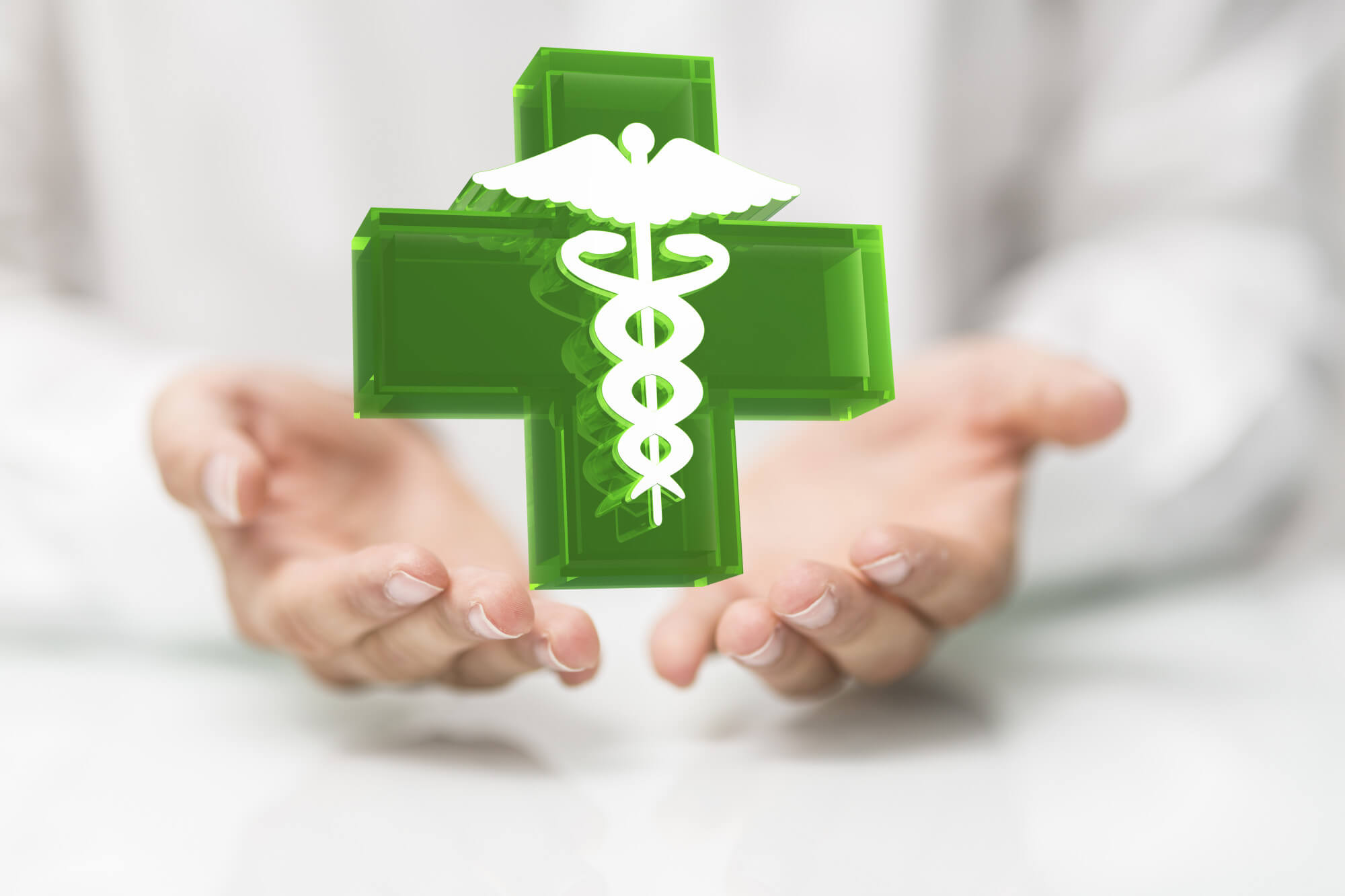
March 3, 2020
3 SensoScientific Products to Highlight at the 2020 HOPA Pharmacist Conference
What’s going to be the next big thing in the pharmacy arena? If you want to know, then you might want to attend the 2020 HOPA Pharmacist Conference. The 2020 HOPA Pharmacist Conference will help you keep up with the latest developments in hematology and oncology clinical trials, therapeutic regimens, treatment guidelines, and emerging technologies. There are
Read More
February 20, 2020
The Importance of Environmental Monitoring for Oncology
Patients and healthcare workers can be exposed to hazardous chemicals within an oncology center. This may be an unexpected source of exposure but it is a real threat nonetheless. This could lead to accidental contact with toxic substances. The environmental monitoring of oncology centers could prevent the appearance of side effects. The hospital and clinic
Read More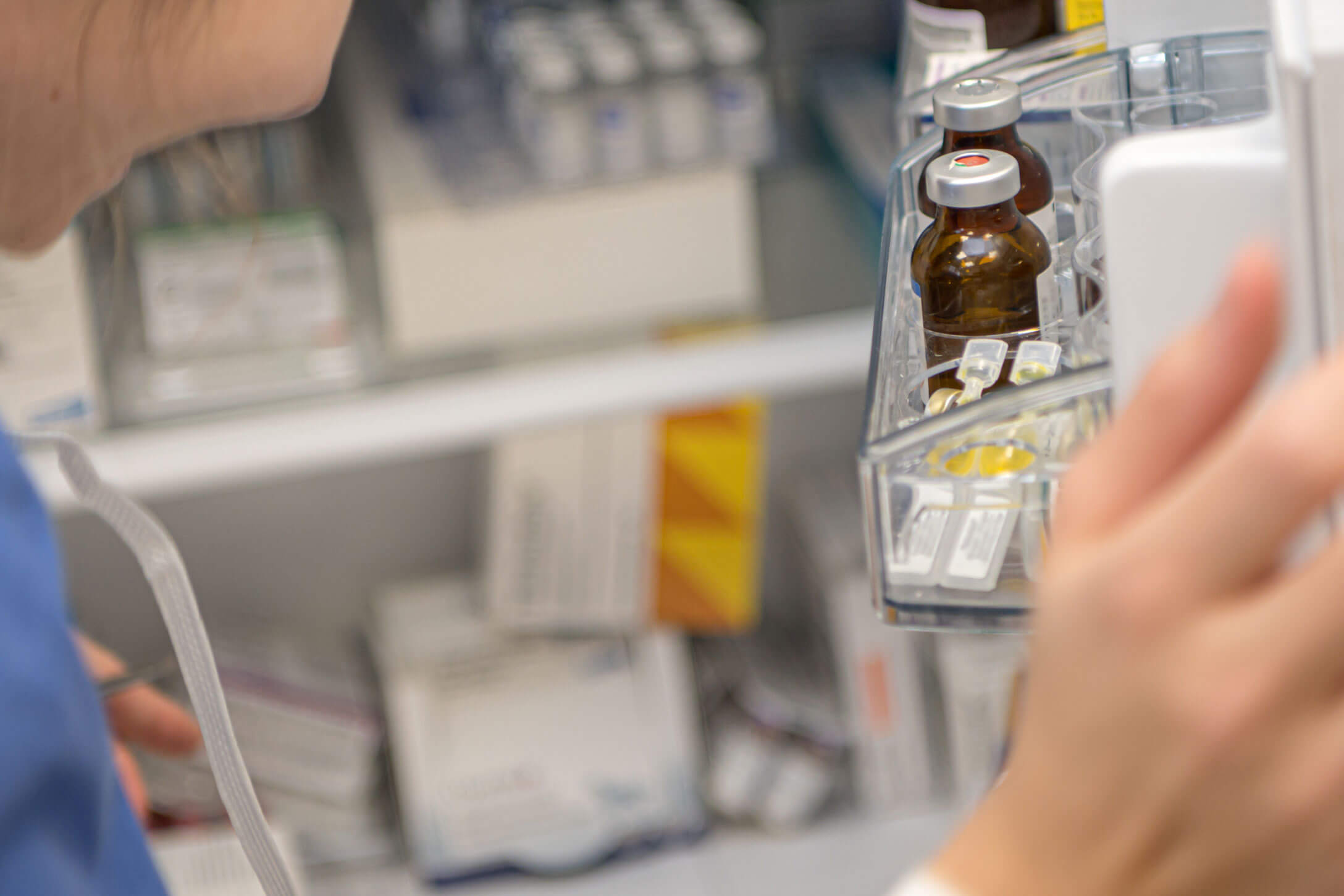
December 16, 2019
How a VFC Data Logger Can Help You Comply With VFC Regulations
According to the Centers for Disease Control and Prevention (CDC), programs that distribute vaccines for children (VFC) have saved the lives of hundreds of thousands of children around the world and prevented illnesses in millions of others. To save even more lives, it is crucial that we store vaccines in medical-grade refrigerators and freezers. It
Read More
November 27, 2019
Here’s Everything You Need to Know About USP 797 Guidelines
Recently, the USP-NF announced it was postponing some updates, including changes for USP 797. The updates were supposed to take effect on December 1, 2019. Many pharmacy personnel were wondering what changes they’d need to make. What do the current USP 797 guidelines say about compounding environments anyway? If you have questions, this guide has the
Read More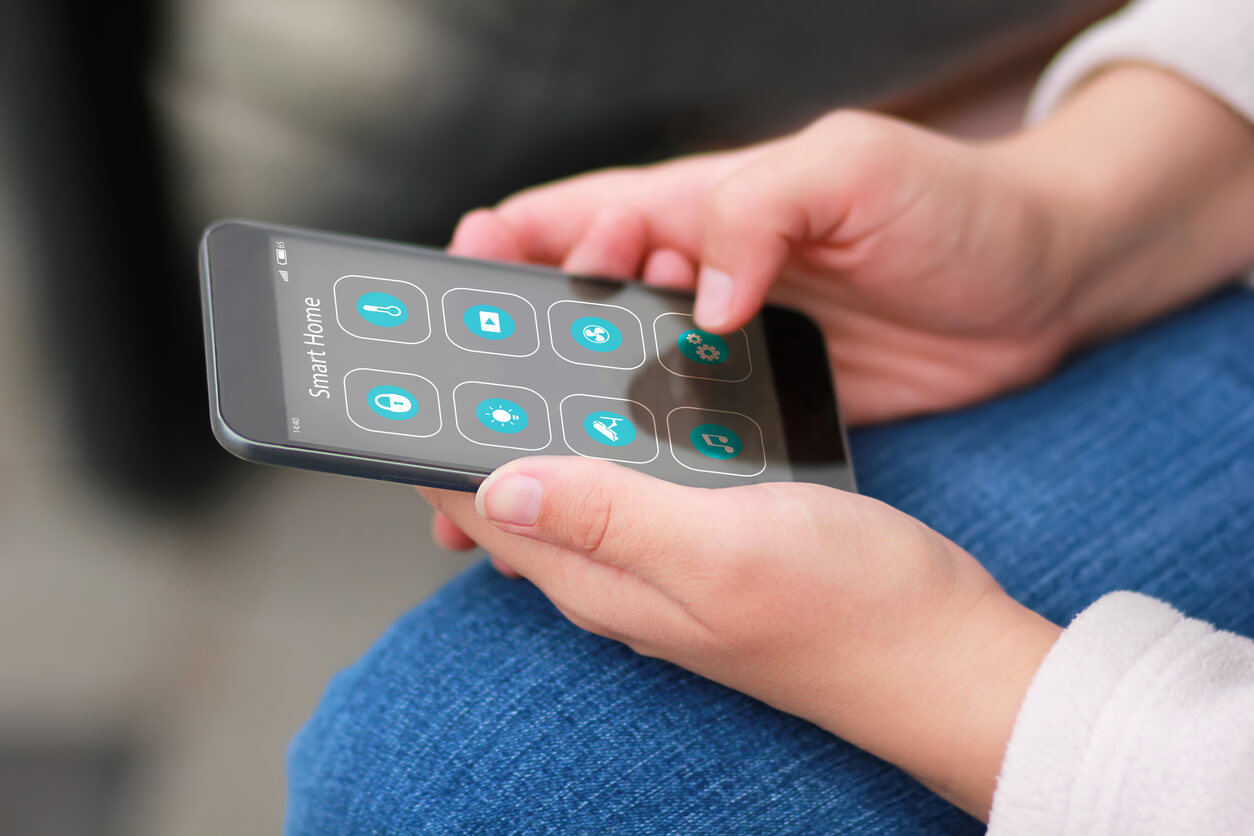
March 25, 2019
Key Features Your Temperature Monitoring System Should Have
Every lab temperature monitoring system in existence today is designed to meet the FDA 21 CFR Part 11 regulations. That doesn’t mean you can pick any one of them off the shelf and have it work correctly, never mind ideally, in your lab. You still have some due diligence to do. And, not just because you
Read More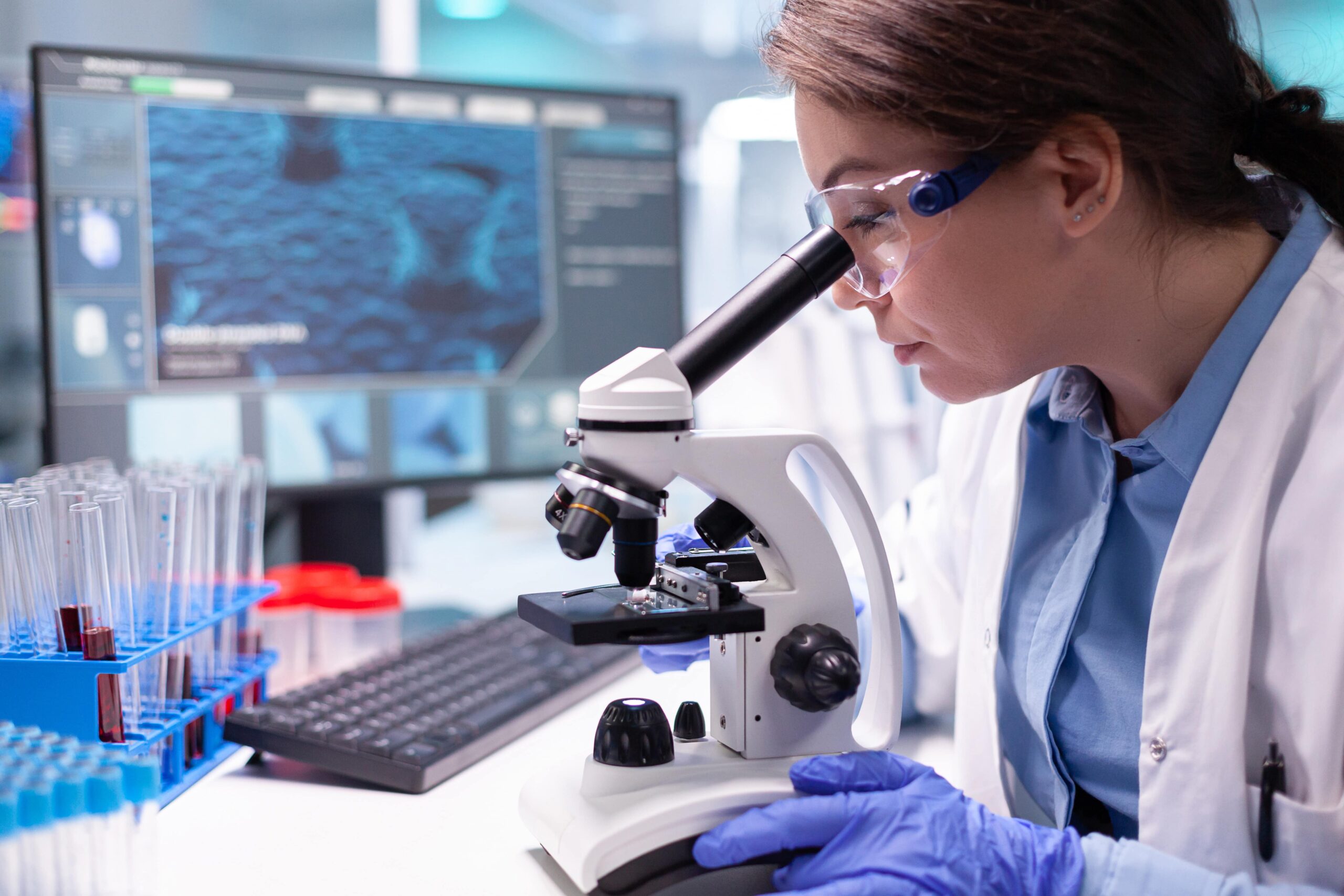
March 18, 2019
BIMO Inspection Readiness Checklist & Guide: FDA BioResearch Monitoring of Clinical Trials
Did you know that an FDA inspector typically schedules a bioresearch monitoring (BIMO) audit within five days of arrival? Would your clinical have BIMO inspection readiness in such a short time? Well, it should be: these inspections can occur at any time during a clinical trial, and there is no hard rule for how much notice they have to provide. If you are
Read More
March 8, 2019
Here is What You are Missing if You Have not Upgraded to Saas Cloud Yet
Once a niche subject among IT experts, cloud computing is now a core component of business vernacular. The concept has made its way into advertising campaigns and everyday speech about mobile devices, so it is likely, you have some familiarity with the cloud already. To keep up with the competition and as an obligation to your
Read More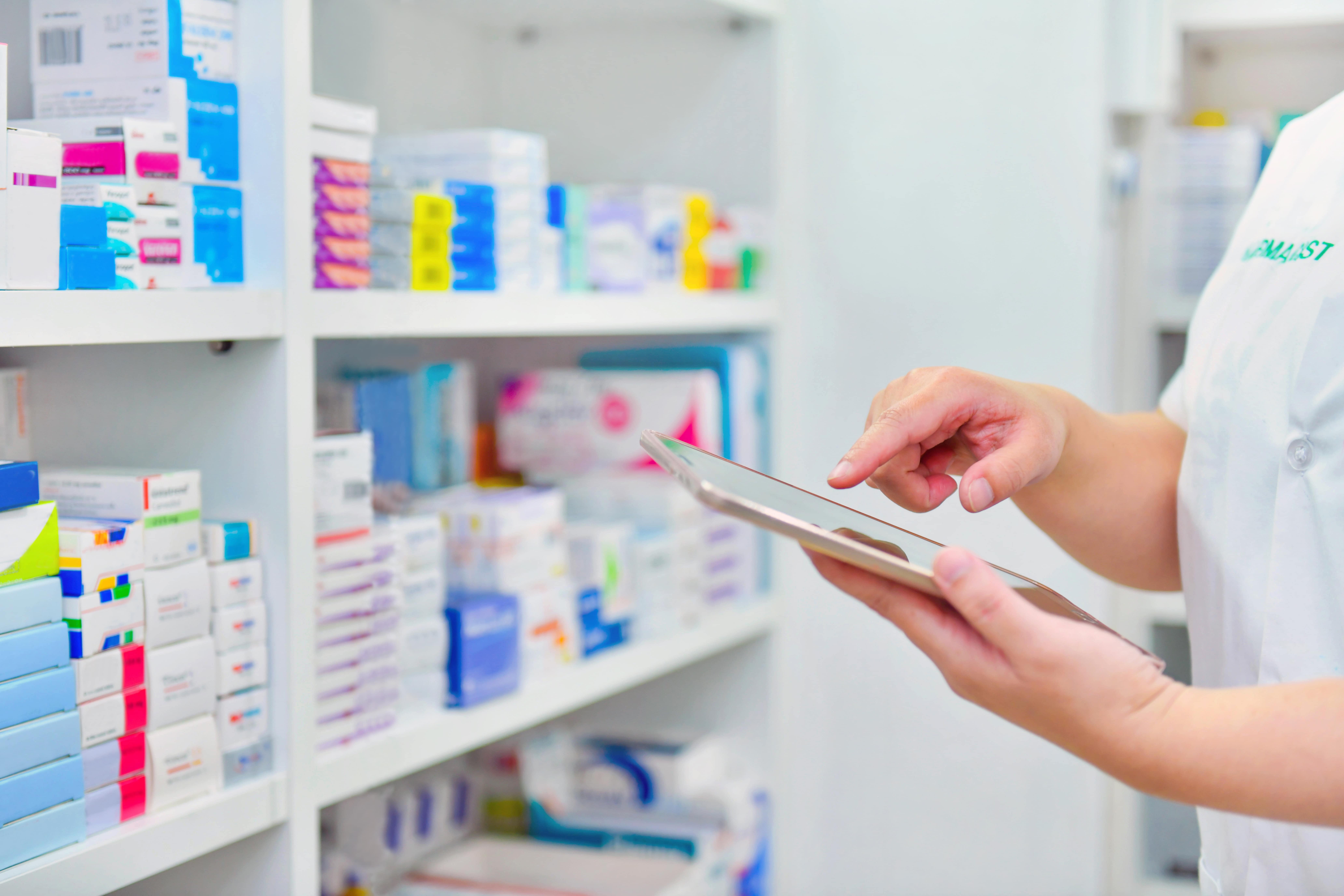
February 28, 2019
The Environmental Benefits of Remote Monitoring: How to Reduce Waste, Reduce Emissions, & Improve Efficiency With Digital Solutions
Technology has been evolving at a rapid rate for years, and the speed it grows only increases every year, which has resulted in developing technology that sometimes gets overlooked. For example, remote monitoring is part of a company’s digital solutions. Remote monitoring is not designed for micromanaging bosses to spy on their employees, nor was
Read More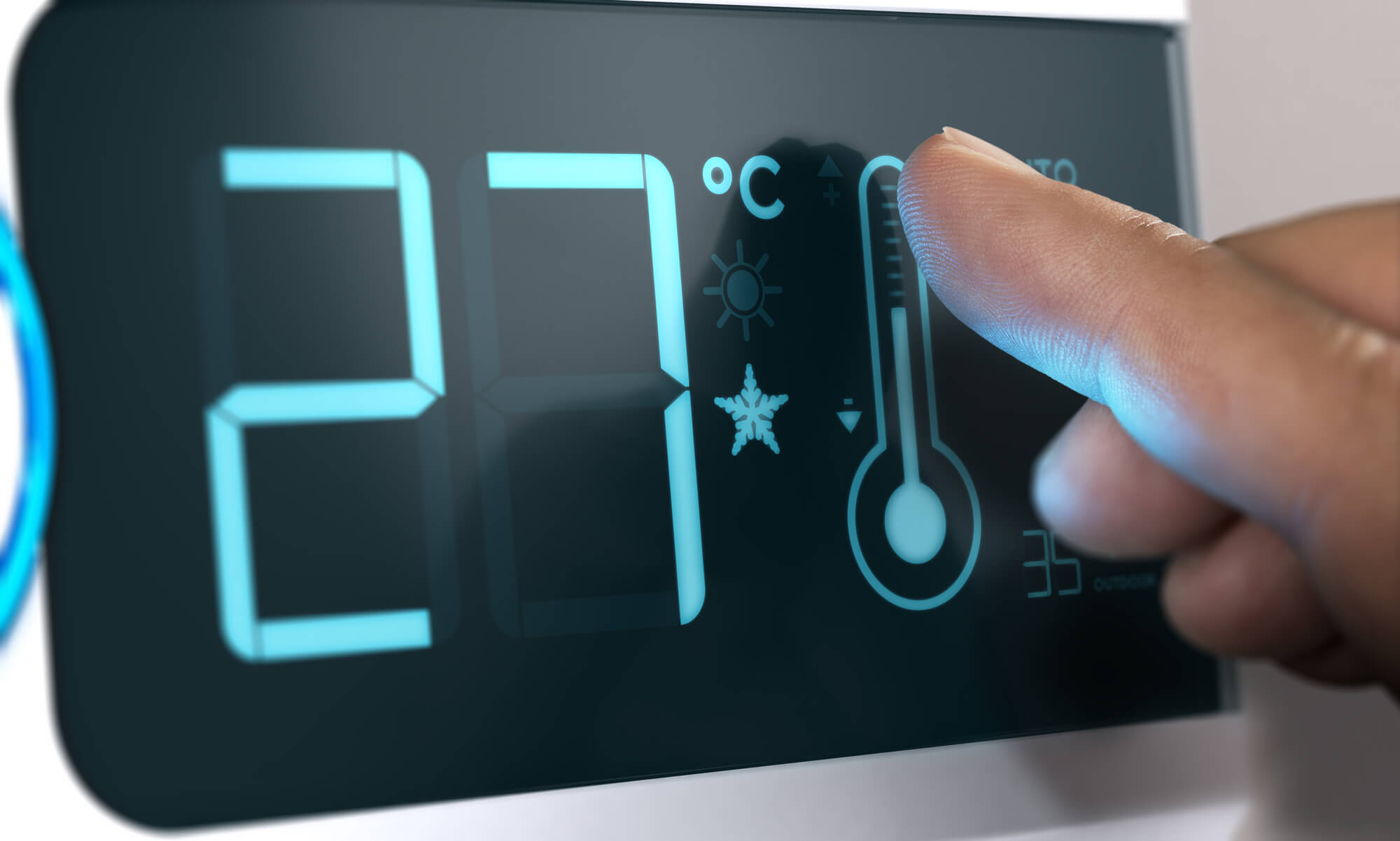
February 22, 2019
What Does Cloud-Based Temperature Monitoring Do?
75% of laboratory errors occur in the handling and processing phase of a specimen. Human error is the main factor that creates blunders in the lab setting. Collection methods and psychological factors of the person performing the process are two examples. Staffing would be needed around the clock for settings that require temperature monitoring; this introduces the
Read More